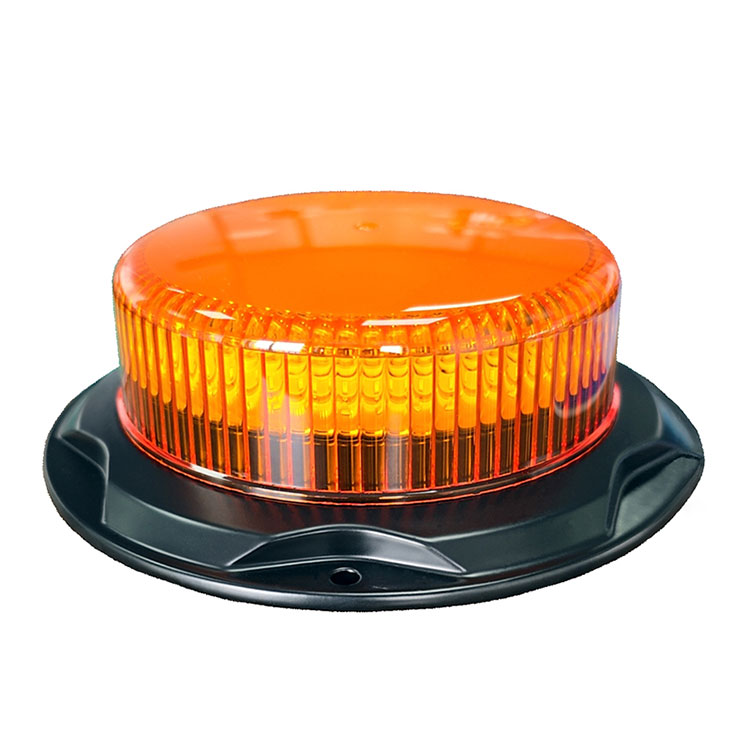In what area Amber LED Beacon can be used
2025-05-14
Amber LED beacons are commonly used in a variety of settings where visibility, safety, and signaling are important. Their bright, flashing amber (yellow/orange) light is effective in catching attention without being overly intrusive. Here are the main areas where amber LED beacons are typically used:
1. Traffic and Road Safety
Construction zones: To alert drivers of roadworks or workers present.
Slow-moving or stopped vehicles: Like tow trucks, utility vehicles, or snow plows.
Temporary traffic control: At intersections or during events, road closures, or detours.
2. Industrial and Warehouse Settings
Forklifts and other machinery: For movement warnings or proximity alerts.
Automated equipment: Indicating operational status or warning of potential hazards.
Loading docks: To signal when it’s safe or unsafe to approach.
3. Emergency and Utility Services
Non-emergency vehicles: Such as maintenance, utility, or service trucks.
Airports and tarmacs: Ground support vehicles often use amber lights for visibility and safety.
4. Agricultural and Off-Road Applications
Tractors and harvesters: Amber beacons increase visibility in low-light conditions or on public roads.
ATVs and off-road utility vehicles: For safety in rugged environments.

5. Marine and Railway Uses
Docks and shipping yards: Indicating moving equipment or hazard zones.
Rail maintenance vehicles: For signaling presence on or near tracks.
6. Security and Access Control
Gated communities or parking lots: Amber lights may be used to guide or control vehicle flow.
Security patrol vehicles: For visibility without causing alarm like red/blue emergency lights.
Amber is generally chosen because it is highly visible, universally understood as a cautionary signal, and legally permitted in many non-emergency applications.
If you are interested in our products or have any questions, please feel free to contact us and we will reply you within 24 hours.


